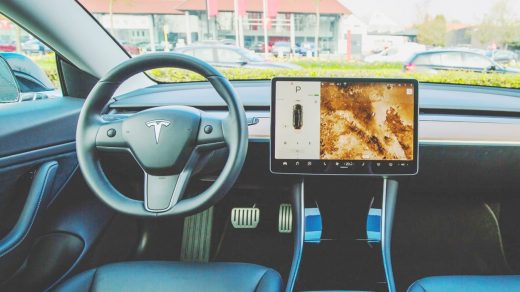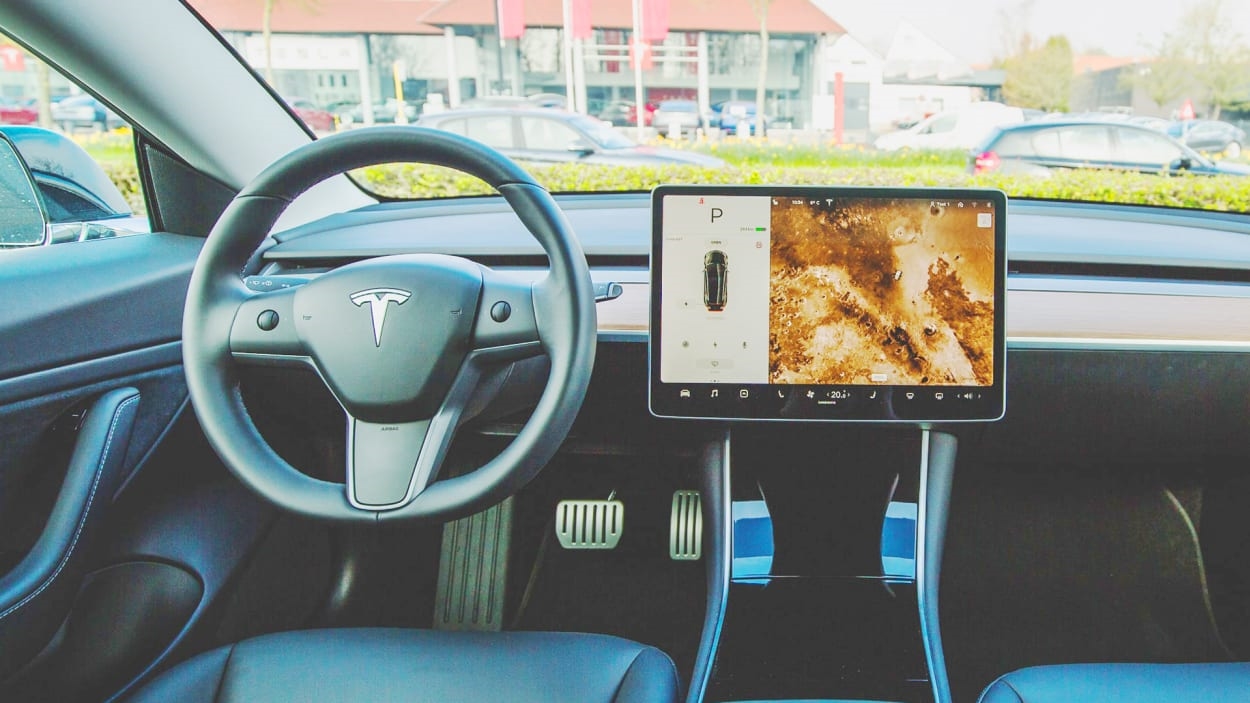The DOJ opens an investigation into Tesla’s autopilot claims
Following dozens of crashes by Tesla owners that reportedly involved the vehicle’s autopilot or full self-driving feature, the Justice Department has apparently opened an investigation into the feature.
Tesla said in a 10-K filing with the Securities and Exchange Commission (SEC) on Tuesday that the DOJ had requested documents related to the features. The auto company noted it was not aware of any government investigation that had concluded wrongdoing, but warned that any federal enforcement action could have “a material adverse impact on our business, results of operation, prospects, cash flows, and financial position.”
The company did not offer details on what documents DOJ officials requested and did not reply to a request for comment by Fast Company. (Tesla dissolved its media relations team in 2020 and company CEO Elon Musk indicated in 2021 he had no plans to bring it back, saying in a Tweet, “Other companies spend money on advertising & manipulating public opinion, Tesla focuses on the product.”)
Autopilot has basic autonomous features but is meant as a hands-on driver-assistance system intended to be used only with a fully attentive driver. Full self-driving (FSD) carries an extra charge and offers more features than autopilot, and lets the car handle a lot more of the driving operations. And while Tesla notes that FSD remains in beta and says on its site that neither that nor autopilot represents true driverless technology, Musk has repeatedly indicated autonomous driving is imminent. In January 2021 he tweeted, “Tesla Full Self-Driving will work at a safety level well above that of the average driver this year, of that I am confident. Can’t speak for regulators though.”
Just last month, he said on Twitter that he “agreed” that drivers who have used FSD for more than 10,000 miles should be given the option to turn off an alert reminding them to keep their hands on the steering wheel, adding that an update would come this month.
That got the attention of the National Highway Traffic Safety Administration (NHTSA), which had already opened its own investigation in 2021 into the company, following 35 accidents that were said to include autopilot or FSD. Officials are worried the features could make drivers less aware of road conditions, which would prevent them from acting when they could otherwise prevent an accident. (NHTSA’s investigation was initially launched after 11 Teslas crashed into emergency vehicles or other vehicles at scenes of accidents, resulting in 17 injuries and one death.)
Whatever comes of the DOJ’s investigation, Tesla has had more than its share of legal headaches in recent months. Musk took the stand last week in a trial revolving around his August 2018 tweets claiming he had secured funding to take the company private. He has also been sued over his unprecedented compensation package at Tesla, which was worth over $50 billion at the time of the trial last November. (The judge has yet to issue a ruling in that case.)
In addition, the National Labor Relations Board said last month that Tesla had violated labor laws by telling workers not to discuss their salaries with other workers or to complain to their managers about working conditions. A judge is expected to hear arguments about those charges next month.
(16)



